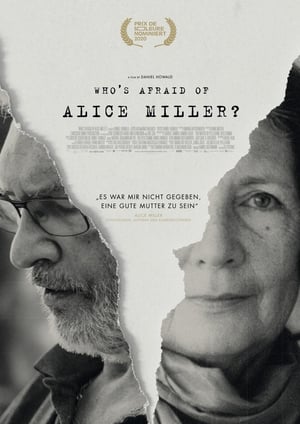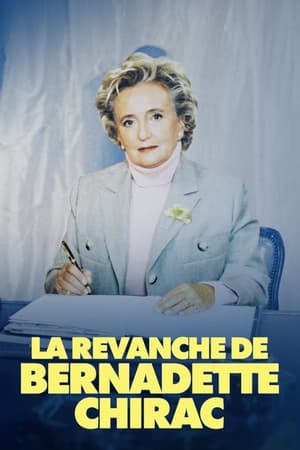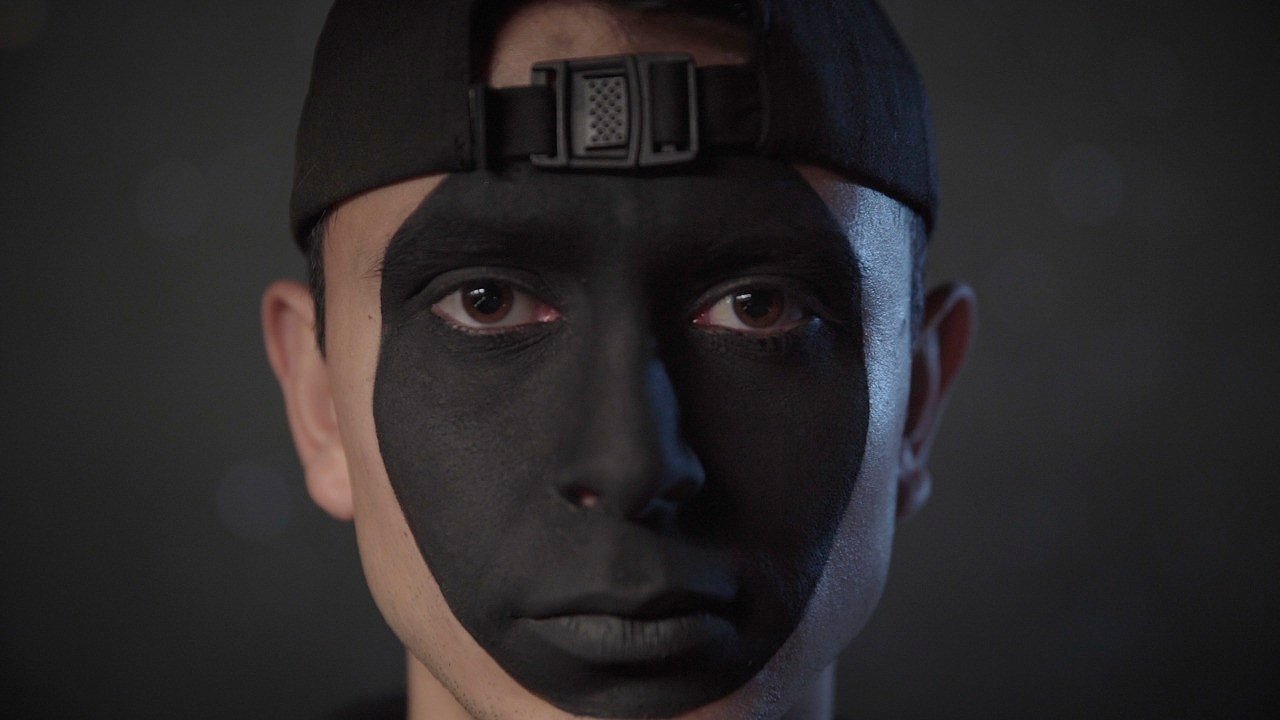
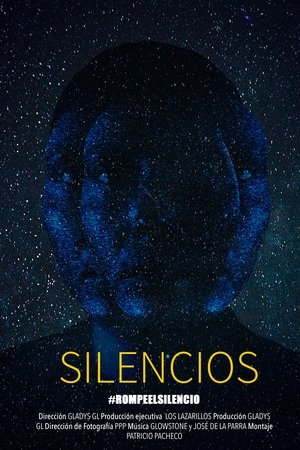
Silencios(2022)
Six survivors of sexual abuse speak of the consequences of growing up with the secret of their abuse.
Movie: Silencios
Top 6 Billed Cast
Self
Self
Self
Self
Self
Self

Silencios
HomePage
Overview
Six survivors of sexual abuse speak of the consequences of growing up with the secret of their abuse.
Release Date
2022-08-04
Average
0
Rating:
0.0 startsTagline
Genres
Languages:
EspañolKeywords
Similar Movies
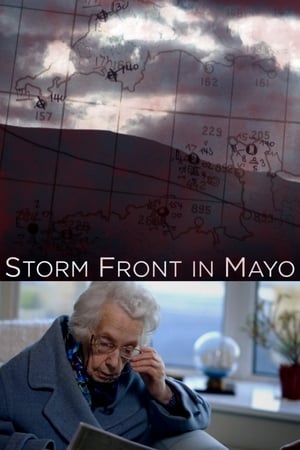 7.5
7.5Storm Front in Mayo(en)
Ireland, June 1944. The crucial decision about the right time to start Operation Overlord on D-Day comes to depend on the readings taken by Maureen Flavin, a young girl who works at a post office, used as a weather station, in Blacksod, in County Mayo, the westernmost promontory of Europe, far from the many lands devastated by the iron storms of World War II.
 7.2
7.2Capturing the Friedmans(en)
An Oscar nominated documentary about a middle-class American family who is torn apart when the father Arnold and son Jesse are accused of sexually abusing numerous children. Director Jarecki interviews people from different sides of this tragic story and raises the question of whether they were rightfully tried when they claim they were innocent and there was never any evidence against them.
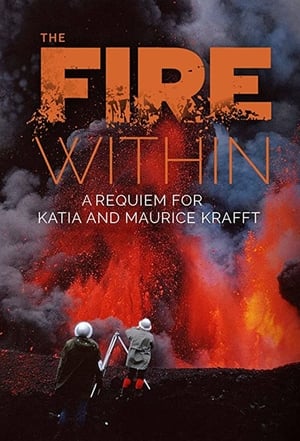 7.7
7.7The Fire Within: Requiem for Katia and Maurice Krafft(en)
Filmmaker Werner Herzog combs through the film archives of volcanologists Katia and Maurice Krafft to create a film that celebrates their legacy.
 8.0
8.0Tukdam: The Point Of Death(en)
Irish director Donagh Coleman explores the extraordinary phenomenon of Tukdam, whereby some Tibetan Buddhist practitioners are able to forestall physical decay at the point of clinical death for days, even weeks, by entering a deep meditative state. Supported by His Holiness the Dalai Lama a group of leading scientists conduct groundbreaking research into the phenomenon, which challenges Western medical understanding of the line between life and death.
He Wouldn't Turn Me Loose - The Sexual Abuse Case of 96-Year-Old Miss Mary(en)
This video presents the real-life case of 96-year-old Miss Mary, who was financially exploited and later, sexually assaulted by her grandson. Miss Mary had been living with her grandson and his wife for five years during which financial abuse took place. After the attack and hospitalization, she was placed in a nursing home under the name "Jane Doe" for safety reasons. However, she retained her strength of character, and fully participated in the subsequent trial and prosecution of her grandson.
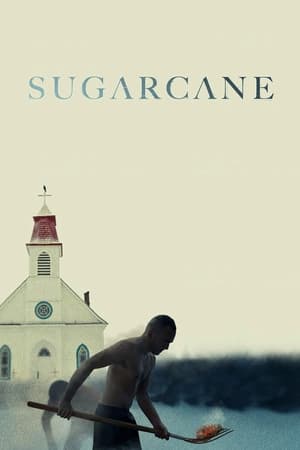 6.8
6.8Sugarcane(en)
An investigation into abuse and missing children at an Indian residential school in Canada ignites a reckoning on the nearby Sugarcane Reserve.
 8.2
8.2The Remarkable Life of Ibelin(no)
The secret life of a young World of Warcraft gamer is vividly reimagined when his online friends contact his family after his death.
 0.0
0.0The Glamorous Lie(en)
In an attempt to understand the complexities of a long-running relationship, YaVaughnie Wilkins journeys back into her past.
 6.0
6.0Killing the Indian in the Child(fr)
The Indian Act, passed in Canada in 1876, made members of Aboriginal peoples second-class citizens, separated from the white population: nomadic for centuries, they were moved to reservations to control their behavior and resources; and thousands of their youngest members were separated from their families to be Christianized: a cultural genocide that still resonates in Canadian society today.
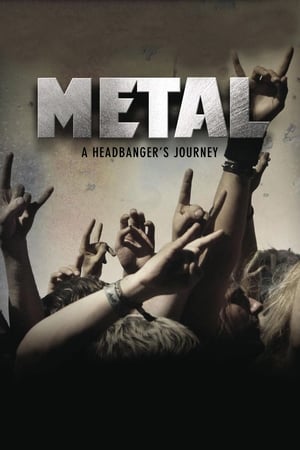 7.6
7.6Metal: A Headbanger's Journey(en)
The film discusses the traits and originators of some of metal's many subgenres, including the New Wave of British Heavy Metal, power metal, Nu metal, glam metal, thrash metal, black metal, and death metal. Dunn uses a family-tree-type flowchart to document some of the most popular metal subgenres. The film also explores various aspects of heavy metal culture.
The Easiest Targets(en)
Five women – Palestinian, American, Muslim, Christian, and Jewish – tell stories of humiliation and harassment by Israeli border guards and airport security officials.
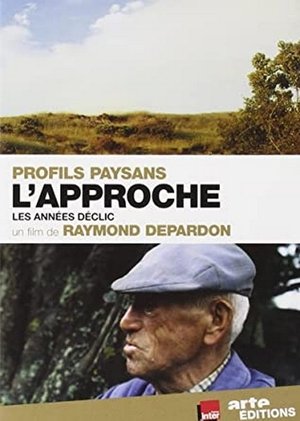 7.5
7.5Profils paysans : l'approche(fr)
The first of a documentary serie about rural France.
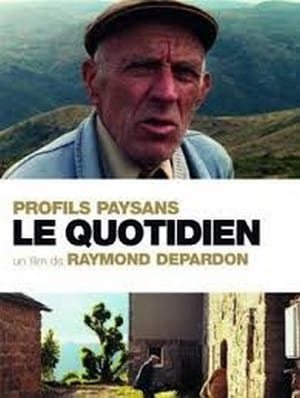 7.2
7.2Profils paysans : le quotidien(fr)
Second documentary of a trilogy produced on the long term (together with Profils paysans: l'approche (2001) and Profils paysans: La vie moderne (2008)), showing the simple lives of farmers in contemporary Southern France.
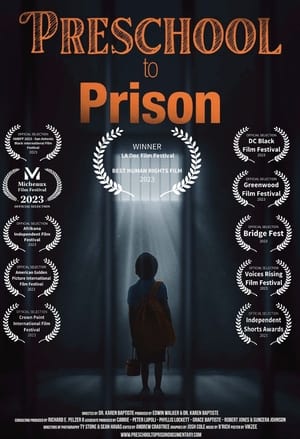 0.0
0.0Preschool to Prison(en)
Preschool to Prison is a compelling examination of how the United States public school system is built and operated like prisons. Zero-tolerance policies are used to justify suspension and arrests that set up a pathway to send children of color and children with special needs from school to prison. Children are being suspended, restrained, dragged, physically manhandled, and subsequently arrested for minor offenses such as throwing candy on a school bus. These personal accounts from people affected by the school-to-prison pipeline give riveting tales about the generational impact on society.
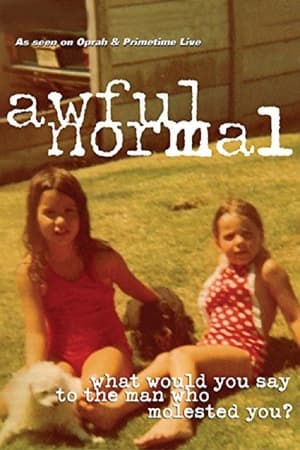 8.7
8.7Awful Normal(en)
Celesta and Karen Davis grew up in a loving family. They shared many wonderful childhood moments and, at the time, thought it all was normal. But when Karen and Celesta were molested in 1978, little was being done about sexual abuse. Their parents' lack of action was neither questioned nor challenged, including years of continued social contact with the perpetrator, his wife and their two young children. Twenty-five years later, feeling unresolved, they begin their quest to find the man who took advantage of their innocence and to ask him something that has haunted them for almost their entire life: "Why?"
 0.0
0.0Obaida(en)
OBAIDA, a short film by Matthew Cassel, explores a Palestinian child’s experience of Israeli military arrest. Each year, some 700 Palestinian children undergo military detention in a system where ill-treatment is widespread and institutionalized. For these young detainees, few rights are guaranteed, even on paper. After release, the experience of detention continues to shape and mark former child prisoners’ path forward.
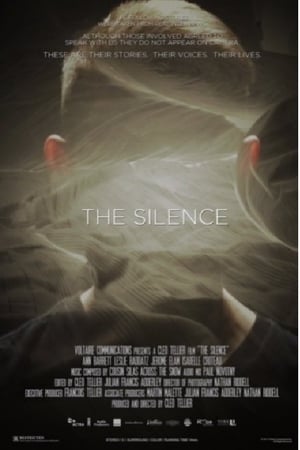 7.7
7.7The Silence(en)
There are children. There are those who abuse them. And there are those who know, but never tell.
